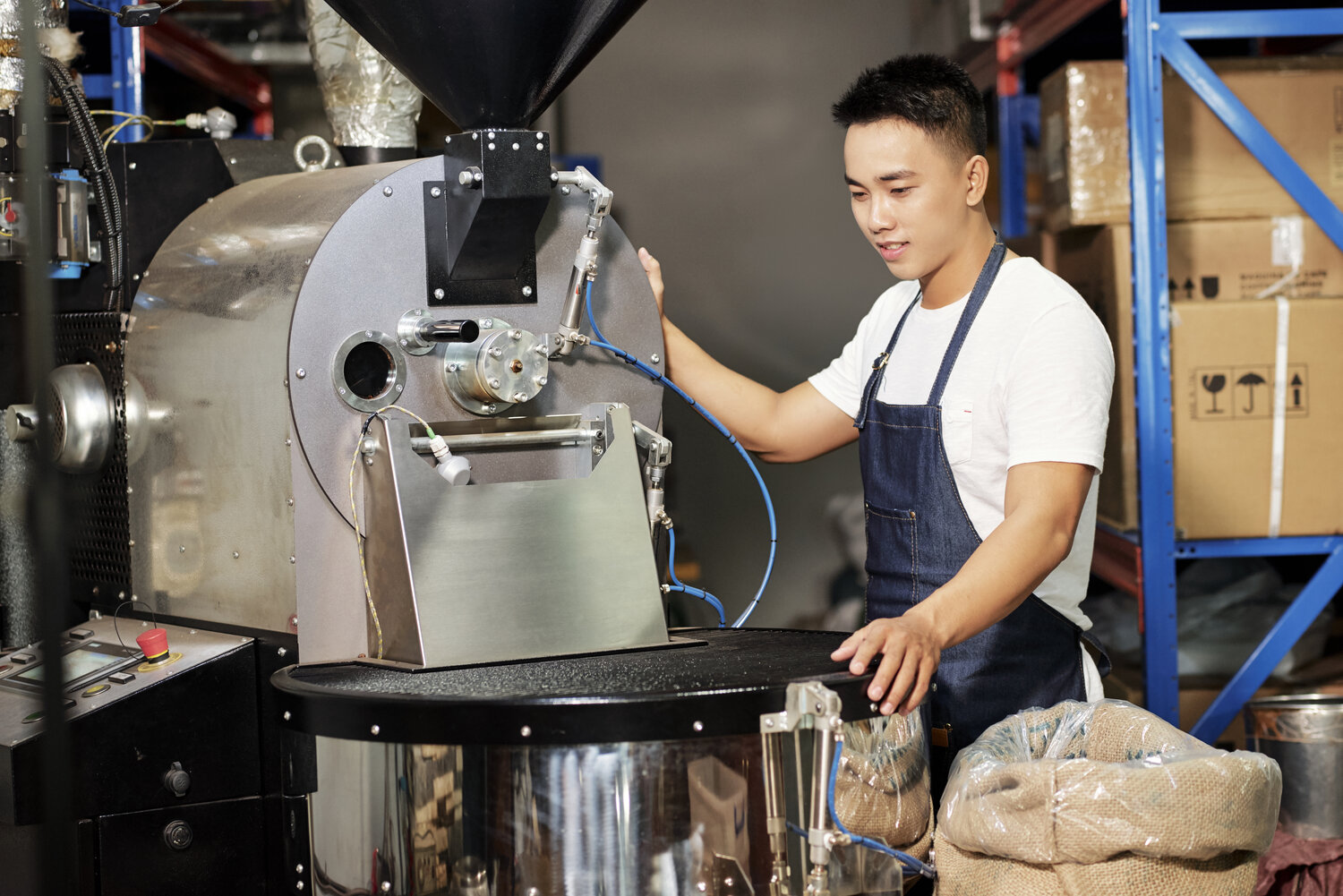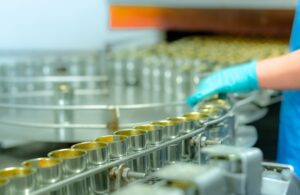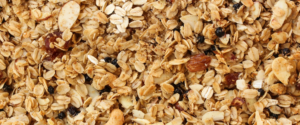- How to Set Up your CPG Business for E-Commerce Success - May 14, 2020
- 3 Costly Mistakes Entrepreneurs Make When Working with Co-packers - February 25, 2020
- Co-packer Costs? How much does it cost to get your food or beverage product produced? - April 8, 2019
What is COGS? How do co-packers charge? How much will it cost to make my product?
We have helped thousands of brands find and connect with contract manufacturers. But these are some of the most common questions we get. Here’s a good place to start!
Starting a food business and getting your product produced can be incredibly expensive. You can’t make money until you make a product – but you can’t make a product without money. Classic chicken or the egg dilemma. So how do you know how much it will cost so you can adequately prepare for the future, or in some cases decide that the whole food startup idea may not be in the cards!
Well the first step is determining your cost of goods sold (COGS). This is how you can build out future projections and determine how much product you can make based off your company’s financial situation. It also might help you realize that maybe now isn’t the right time to use a contract manufacturer. More on that here!
So what is cost of good sold and how do you figure it out?
COGS includes all of the expenses that go into the production of your final product. In simplest form that includes:
Ingredients
Packaging
Production Costs (co-packer’s overhead and labor)
Now let’s say you are just getting started, how do you determine target COGS without knowing what the co-packer fee might be? You can determine a target COGS range by backing into that number from your MSRP price. If you aren’t selling product yet, look at competitor products in the market that might have a similar price point as you.
Now assuming you plan to sell in retail using distributors, you’ll want to build in the typical margin for each link in the sales channel:
40% for retailers
25% for distributors
leaving you with about 30-40% profit margin
See the example below from our pricing blog post:

Using the equations above you can back into what your COGS will need to be in order for you to be successful. Now the fun begins on determining if it’s even possible!
How do co-packers charge?
First off, it’s important to know what you’re paying for, is it turn-key, partial turn-key (they source the ingredients but the brand is in charge of packaging materials) or strictly tolling (the brand is essentially just paying for the facility and labor).
Just as brands make money off their product’s profit margin, contract manufacturers have to build in margin as well in order to be successful. Typically, turn-key manufacturers will build in margin on both the labor and the raw materials.
Since co-packers typically have several customers that they produce for, they likely are ordering large amounts of raw materials which gives them economies of scale. Therefore although they are marking up your materials, it can still sometimes be cheaper (and a lot easier!) then it would be if you handled all the raw materials sourcing yourself.
The price for labor and overhead really depends on the type of product and the production process. Maybe it requires expensive equipment that the contract manufacturer has invested in, or perhaps your product is very labor intensive. Volume will also always play a large role in the cost of production. Typically the higher the volume, the lower the price per unit.
In order for a co-packer to be successful, it’s incredibly important for them to be as efficient as possible. Therefore they want to make sure that they are making the most of their time and labor force as well as using their equipment to the best of it’s ability. This is why many times a co-packer’s minimums will be based on the amount of units that can be produced efficiently in one shift – that might be 5000 units, or a 100,000 units. Switching out labeling, packaging or making equipment changes for a new customer takes time and if they are having to do this multiple times throughout the day, it’s not very efficient and might impact their bottom line.
All of these are major factors when it comes to how much a co-packer will charge. Typically once a co-packer reviews your formula, they will price it out and present you with a per unit cost to produce and package the product for you. It’s okay to ask questions about the cost to better understand the breakdown. Transparency and open communication between you (the brand) and the co-packer are incredibly important for a successful partnership.
More questions about COGS or how co-packers charge? Our team of experts is here and ready to help if you have questions. PartnerSlate offers a range of consulting plans tailored to suit your needs, bringing you one step closer from #ideatoshelf.
(Source: blog.partnerslate.com)



